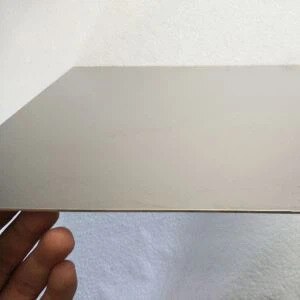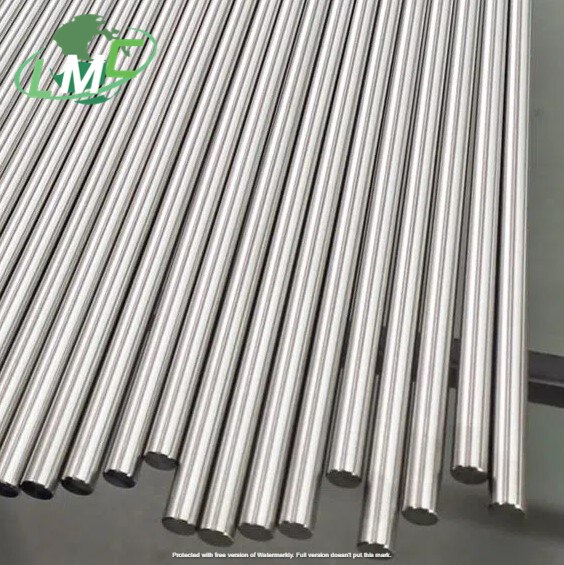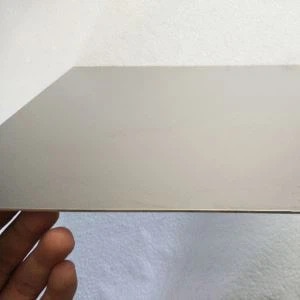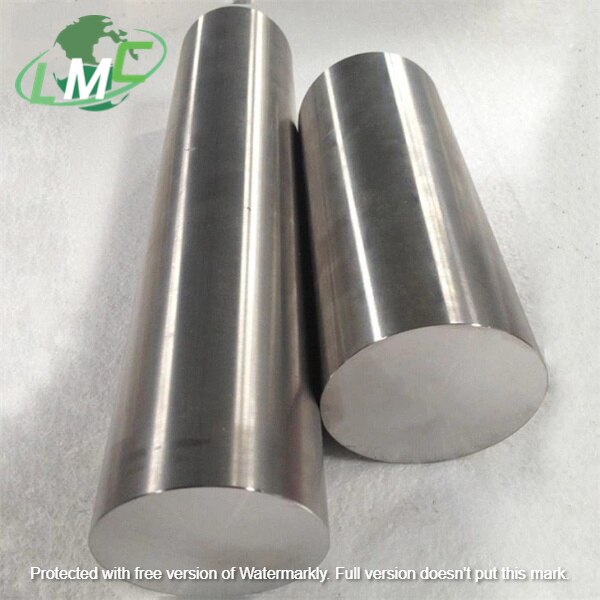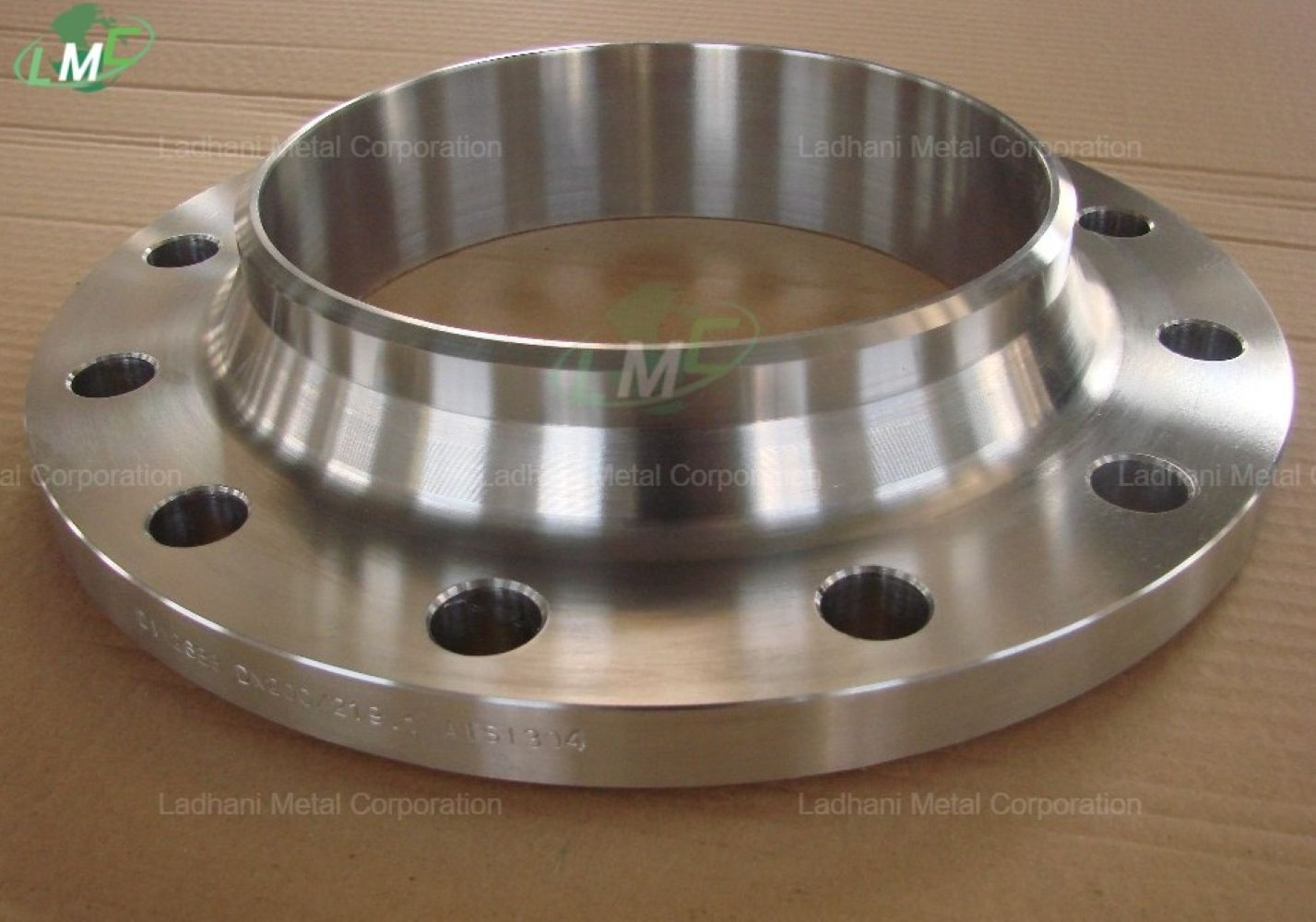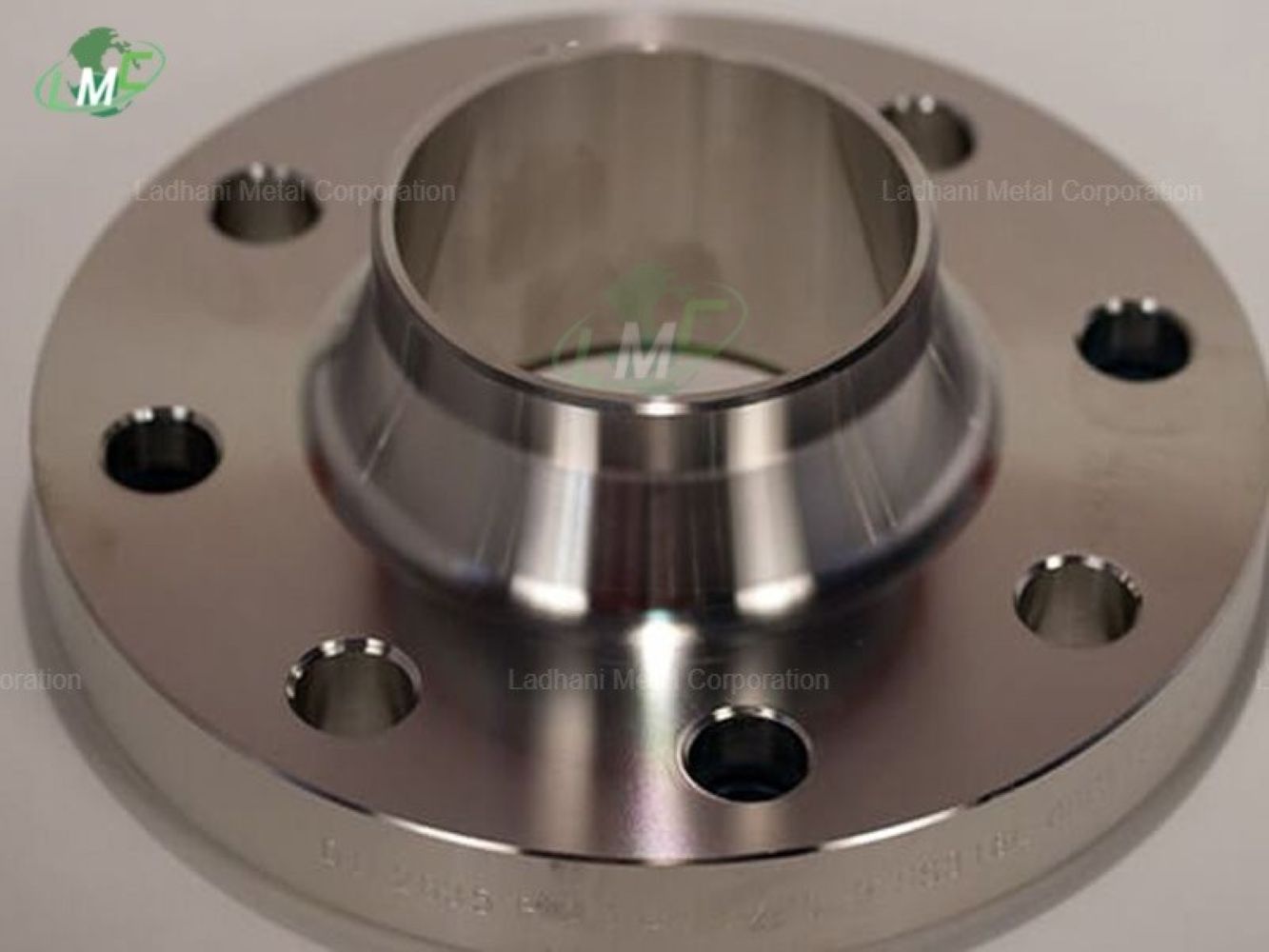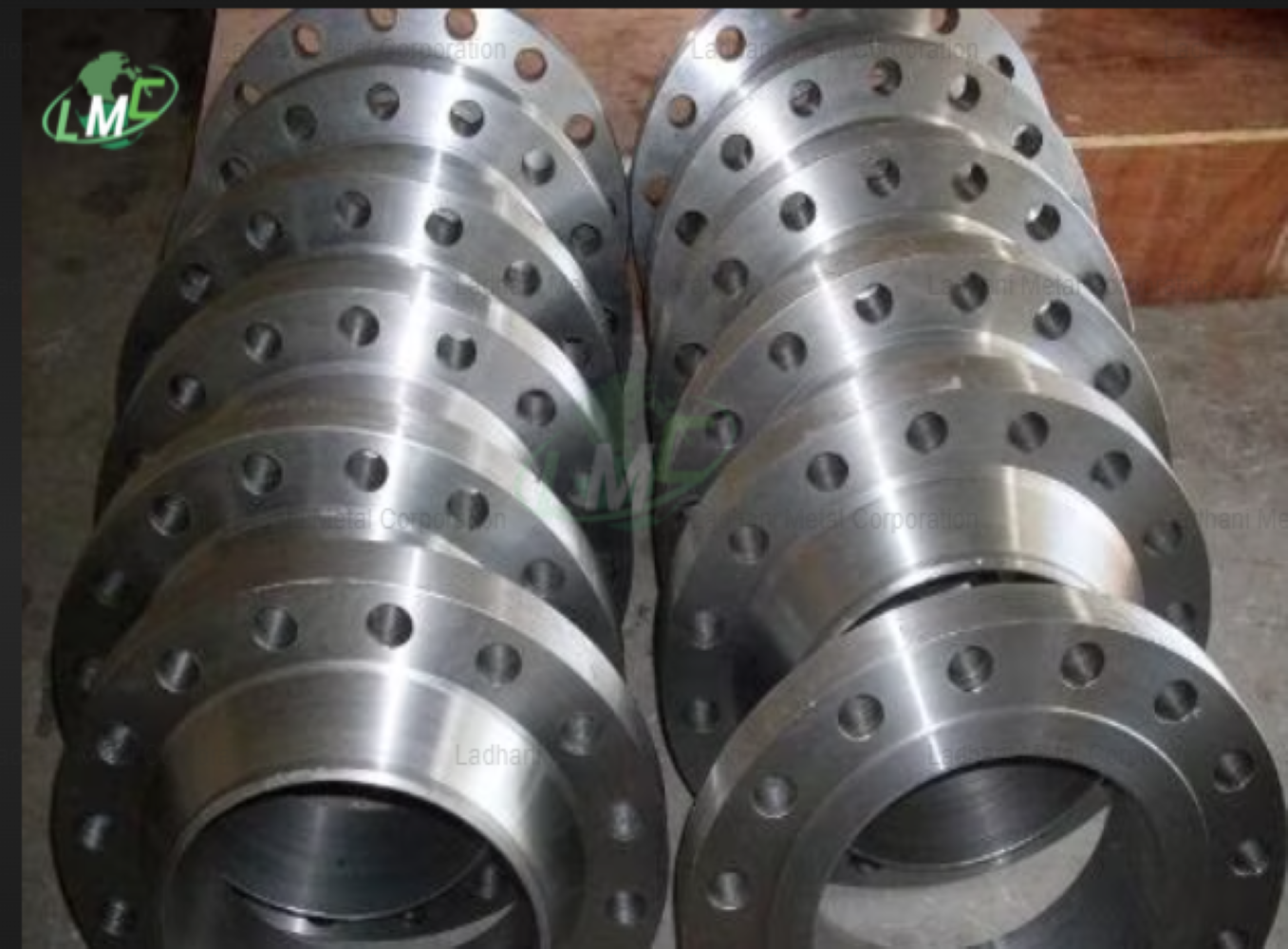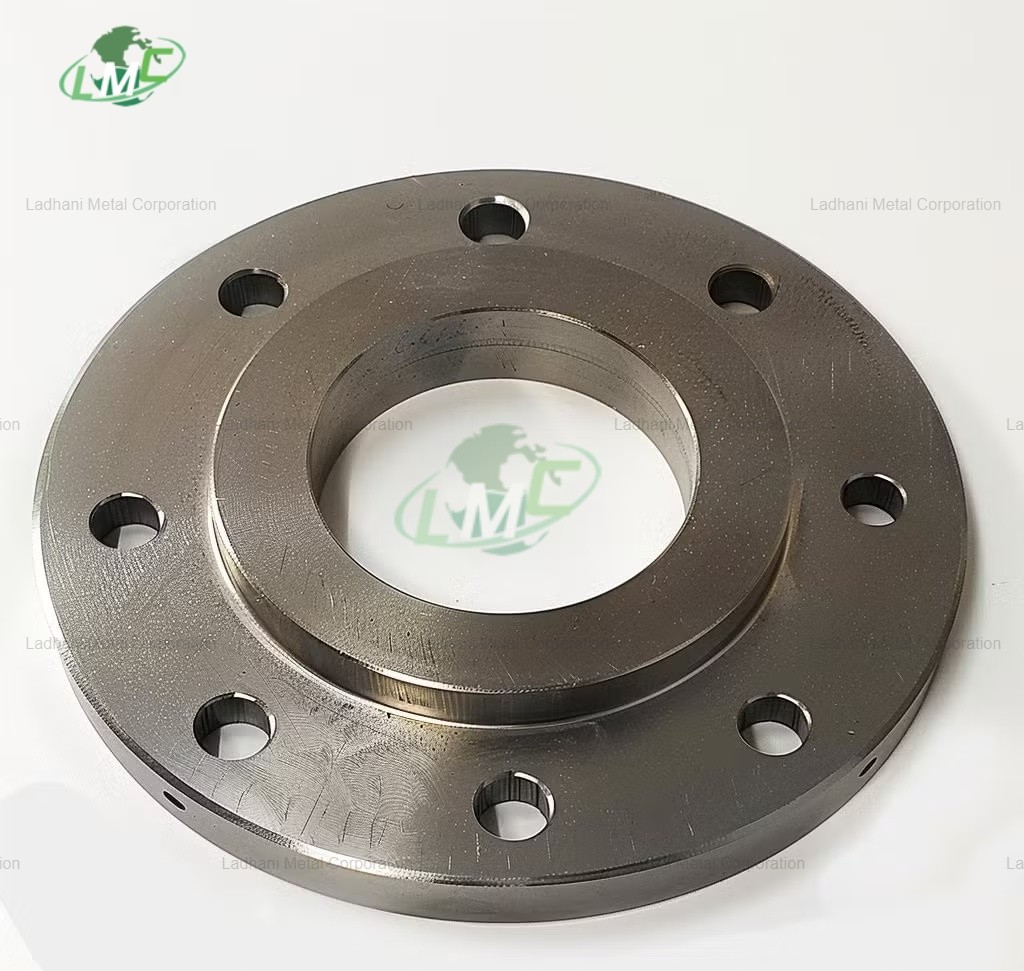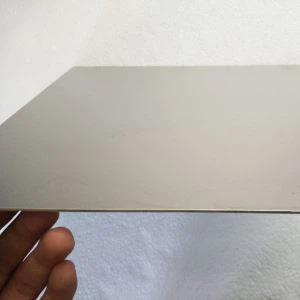Product Name: Titanium 6al4v plate Standard: ASTM B265 , AMS 4911 , ASTM F136 Material: Gr5 Unit Price: $19.5usd/kg-$48usd/kg Thickness: 0.3-100mm Length: 500-6000mm Or As You Require Width: 500-1000mm Or As You Require Surface: Pickling, Polishing, Sand Blasting There are several advantages to using titanium sheet metal: 1. High strength-to-weight ratio: Titanium is known for its high strength-to-weight ratio, which means that it is strong but lightweight. This makes it ideal for use in applications where weight is a concern, such as aerospace and sports equipment. 2. Corrosion resistance: Titanium is highly resistant to corrosion, making it suitable for use in harsh environments where other metals would quickly deteriorate. This makes it ideal for use in marine and chemical processing applications. 3. Biocompatibility: Titanium is biocompatible, meaning that it is not harmful to living tissue. This makes it ideal for use in medical implants and prosthetics. 4. High melting point: Titanium has a high melting point, making it suitable for use in high-temperature applications such as jet engines. 5. Ductility: Titanium is highly ductile, meaning that it can be easily formed into a variety of shapes and sizes without breaking. This makes it ideal for use in complex designs and applications. Applications: Widely used in petroleum, chemical, rubber, pesticides, dyes, medicine, food, and used to complete vulcanization, nitration, hydrogenation, polymerization, condensation and other technical processes. Such as reverberator, reverberation kettle, differentiation pot, polymerization kettle. Titanium 6al4v plate Chemical compositions(weight%,<=) Ti Al V Fe C Remainder 5.5-6.75 3.5-4.5 0.30 0.08 N H O Other(total) 0.05 0.015 0.2 0.4 Physical properties(>=) Σb Tensile Strength (Mpa) σr0.2 Yield Strength (Mpa) δL0+50mm Elongation (%) ψ Reduction of area (%) 895 830 8-12 18-30 Titanium 6al4v plates in stock: Thickness: 1mm 2mm 4mm 5mm 6mm 8mm 10mm 12mm 15mm 20mm 25mm Size: 1000*2000mm 3000*6000mm The production process of titanium plate: 1. Hot forging:casting skills above the metal recrystallization temperature; 2. Hot rolling:the rolling process performed at a temperature higher than the recrystallization temperature; 3. Cold rolling:the rolling process where the plastic deformation temperature is lower than the recovery temperature; 4. Annealing: slowly heating the metal to a certain temperature, insisting on meeting the time, and then cooling at an appropriate speed a metal heat treatment technology; 5. Pickling: immersing the parts in an aqueous solution such as sulfuric acid to remove the oxide and other thin films on the metal surface. It is the pretreatment or process treatment of electroplating, enamel, rolling and other skills.
Send Message
